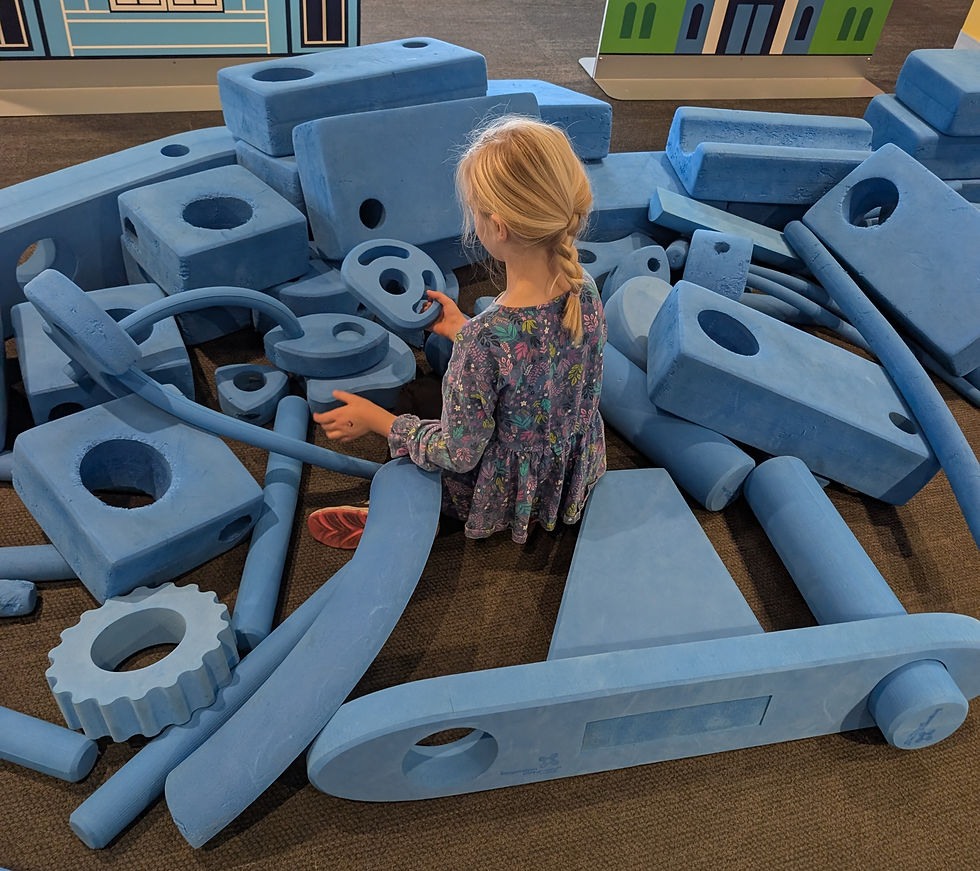5 Essential Back-to-School Math Tips to Build Your Child's Confidence and Success
- Math Happiness Project
- Aug 28, 2025
- 4 min read

As our kids head back to school, many of us adults are thinking about how to best support their learning this school year. While we know you’re figuring out getting the right school supplies and establishing homework routines (and getting them to wake up in time for school), there's something else critical to your child’s math success: their mindset.
The way your child approaches math (how they think about mistakes, challenges, and their own abilities) will shape their entire mathematical journey. And here's the empowering truth: you have incredible influence over that mindset, even if you don’t have a great relationship with math.
Below we have five research-backed tips to help you support your child's math confidence and curiosity from day one. These back to school math tips are essential strategies every parent should know for success this year.
1. How You Talk About Math Shapes Your Child's Math Success
Before your child even opens their first math workbook, they're already listening to how you talk about math. Research shows that children whose parents say things like "I'm not a math person" tend to perform worse in math class.
This back-to-school season, try:
"Math was challenging for me, but I'm learning new ways to think about it."
"Let's figure this out together."
"I use math more than I realized, like when I'm cooking or planning our budget."
Remember: You don't need to love math, but your child needs to believe that math is learnable for everyone, including them.
2. Prioritize Understanding Over Speed in Math
One of the biggest myths in math education is that being good at math means being fast at math. This misconception can actually harm your child's learning and create math anxiety.
This year, prioritize:
Deep thinking over quick answers
Understanding over speed
Questions like "How did you figure that out?" instead of "What's the answer?"
When your child takes time to think, they're developing the kind of mathematical reasoning that will serve them for years to come, which is much more valuable than memorizing math facts quickly.
3. Turn Math Mistakes Into Learning Opportunities
Here's something that might surprise you: research shows we actually learn more from making mistakes than from getting things right the first time (Boaler, 2015). Math mistakes give us valuable information about what we understand and what we're still figuring out.
When your child makes a math mistake:
Get curious about their thinking instead of immediately correcting
Say things like "How can you check your answer?" or "I think there might be a mistake here, can you find it?"
Share your own mistakes and model how to work through them
Children develop stronger math skills when they identify and fix their own mistakes than when parents point them out and fix them. Children are also more willing to engage in challenging mathematical work when they know mistakes are part of learning and not something to be afraid of.
4. Find Math in Everyday Life (Not Just Homework)
Math isn't something that only happens during math class or homework time. It's woven into daily life through measuring, estimating, comparing, and problem-solving.
Help your child see math in:
Cooking (measuring ingredients, fractions, timing)
Shopping (budgeting, comparing prices, calculating change)
Sports (statistics, geometry, measurement)
Art and music (patterns, symmetry, rhythm)
These real-world math connections help children understand that math is relevant, useful, and everywhere, helping to build intrinsic motivation for math learning.
5. Praise Math Effort Over Math Ability
One of the most powerful gifts you can give your child is the belief that math ability grows through effort, practice, and learning from challenges—not through some selective "math gene" only some are born with.
This school year, celebrate:
Persistence through difficult math problems
Trying different problem-solving strategies
Learning from math mistakes
Asking thoughtful questions about math concepts
Instead of "You're so smart at math," try "I love how you kept trying different approaches until you figured it out."
Use these Back to School Math Tips to Build Your Child's Math Confidence This School Year
We are truly passionate about building our children’s mathematical mindset in a positive way. We know this is critical for math, AND we also know we’re helping them succeed in more than just math. We’re teaching them that challenges can be overcome, that learning takes time, and that they have the power to grow their abilities.
Your child doesn't need you to be a math expert. They need you to believe in their potential, value their thinking, and show them that math is something they can learn, understand, and even enjoy.
Key Takeaways for Back-to-School Math Success:
Watch your language around math-children are always listening
Prioritize understanding over speed in math
Treat math mistakes as valuable learning opportunities
Connect math to everyday experiences
Praise effort and problem-solving strategies, not just correct answers
References
Blackwell, L. S., Trzesniewski, K. H., & Dweck, C. S. (2007). Implicit theories of intelligence predict achievement across an adolescent transition: A longitudinal study and an intervention. Child Development, 78(1), 246-263.
Boaler, J. (2015). Mathematical Mindsets: Unleashing Students' Potential through Creative Math, Inspiring Messages and Innovative Teaching. Jossey-Bass.
Degol, J. L., Wang, M. T., Zhang, Y., & Allerton, J. (2018). Do growth mindsets in math benefit females? Identifying pathways between gender, mindset, and motivation. Journal of Youth and Adolescence, 47(5), 976-990.
Dweck, C. S. (2006). Mindset: The new psychology of success. Random house.
Stanford Graduate School of Education. (n.d.). Cultivating a Growth Mindset in Math. Retrieved from https://ed.stanford.edu




Comments